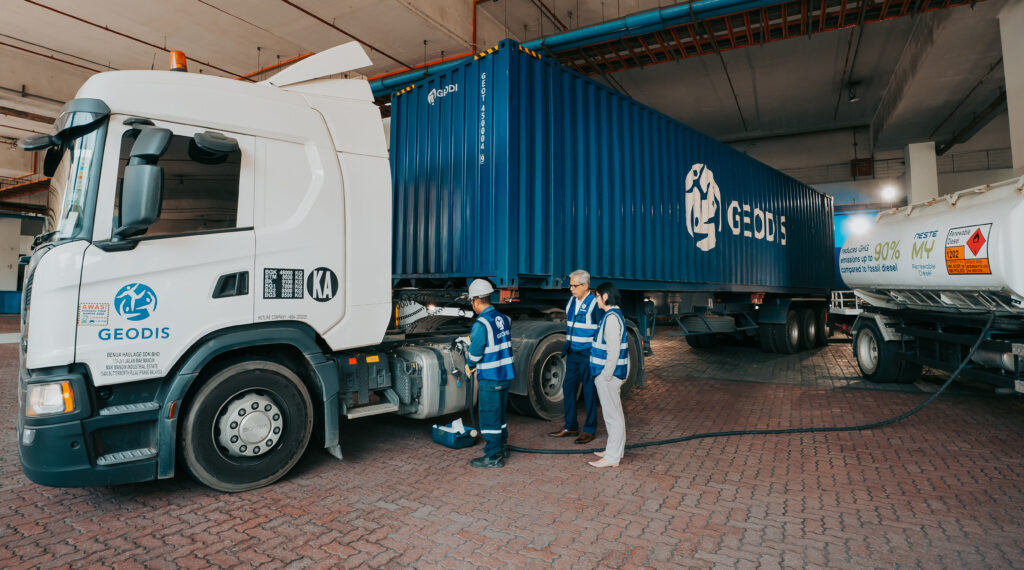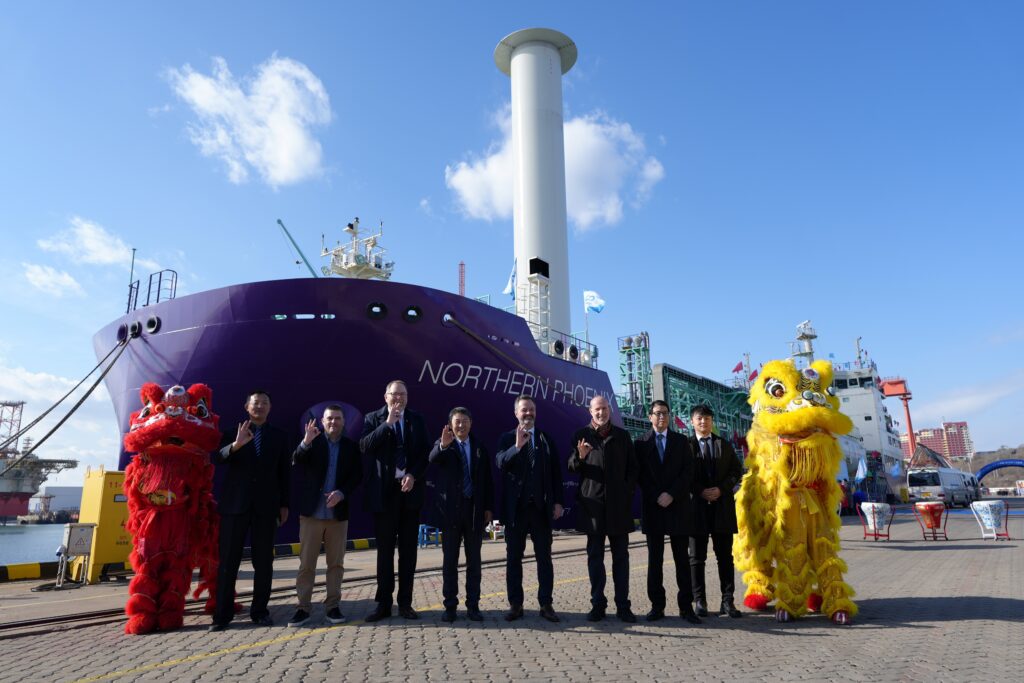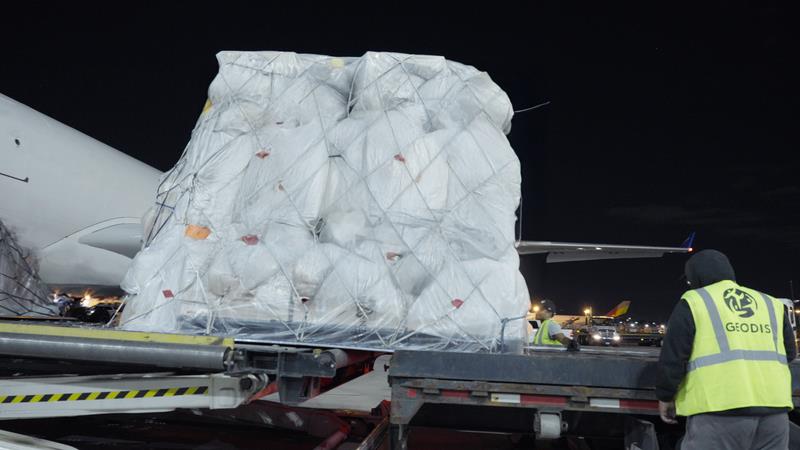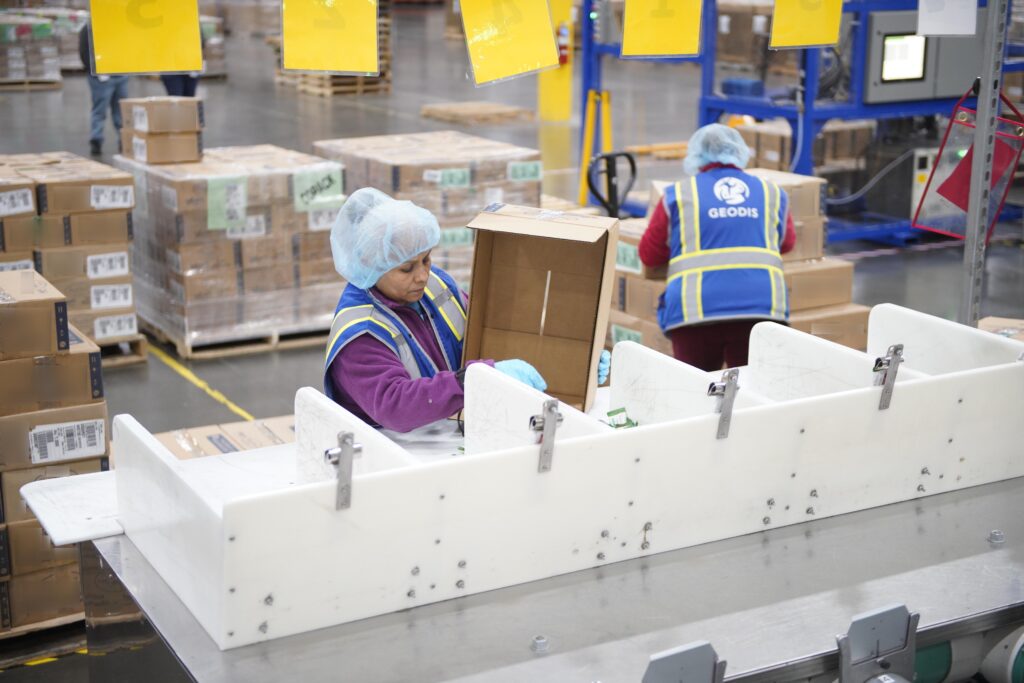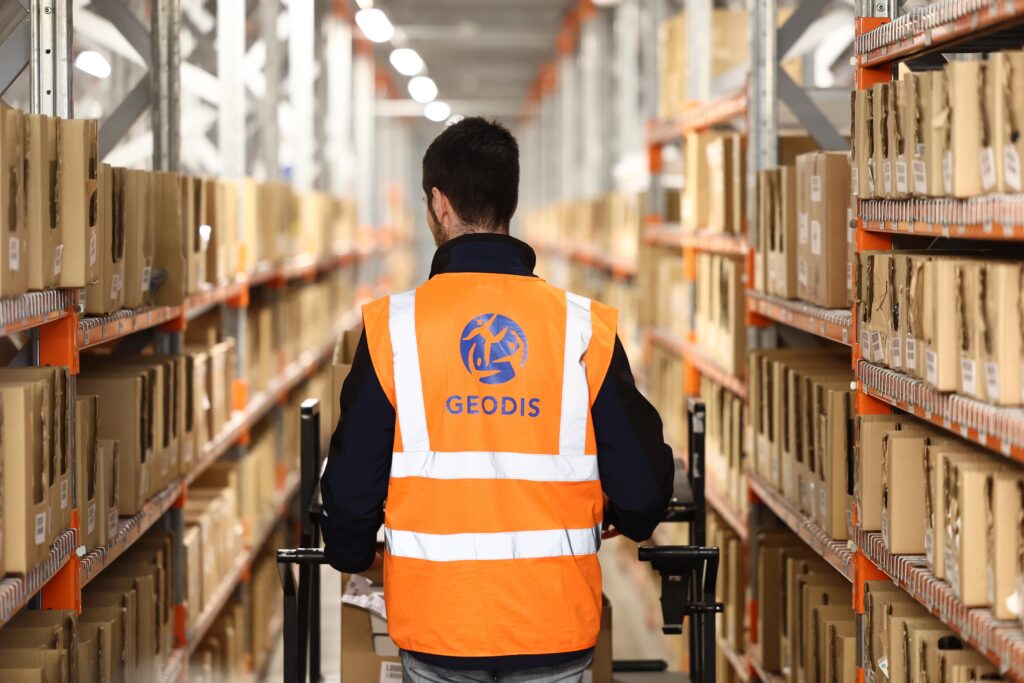Kawasaki Kisen Kaisha, Ltd. (“K” LINE) is pleased to announce that a joint venture company *1 held a naming ceremony for two 174,000m3 LNG vessels for QatarEnergy *2 at HD Hyundai Heavy Industries Co., Ltd. on 3 December. The first vessel was named “SHARQ” by the wife of Yukikazu Myochin, Director and Chairperson of the Board of “K” LINE. The second vessel was named “SHRA’OUH” by wife of Mr. Takaya Soga, President and Chief Executive Officer of Nippon Yusen Kabushiki Kaisha. “SHARQ” is derived from the name of an eastern city of Qatar, and “SHRA’OUH” is derived from the name of an island in Qatar.
The vessels are the seventh and eighth of a series of 12 LNG vessels that the joint venture companies have been building for QatarEnergy. “SHARQ” is the first of three vessels in this series to be managed by “K” LINE Group.
QatarEnergy is the world’s largest LNG provider and will allocate the newbuilding vessels to transport LNG around the world.
The newbuilding vessels are equipped with X-DF 2.1 iCER *3 which will contribute to reduction of GHG emissions and realize the ease of environmental impact by lower fuel consumption in operation.
In its Medium-Term Management Plan published in May 2022*4, “K” LINE has placed LNG business as one of the top priority areas in the future investment. “K” LINE will further expand long-term contracts and accommodate growing energy demands by responding to various customers’ needs.
*1. It is sponsored by “K” Line together with Nippon Yusen Kabushiki Kaisha, China LNG Shipping (Holdings) Limited., and MISC Berhad through its wholly-owned subsidiary, Portovenere and Lerici (Labuan) Pte Ltd.
*2. QatarEnergy is a state energy company of Qatar.
*3. X-DF 2.1 iCER is a low speed dual-fuel engine with gas at low pressure.
*4. Medium-Term Management Plan (Released on May 9, 2022)
https://www.kline.co.jp/en/ir/management/strategy.html
Main Particulars of the Vessel
| Shipyard | HD Hyundai Heavy Industries Co., Ltd. |
| Delivery | SHARQ: December 2025 (Tentative) SHRA’OUH: January 2026 (Tentative) |
| LOA | About 299m |
| Beam | 46.4m |
| Tank Capacity | 174,000m3 |
| Propulsion System | X-DF |
| Speed | 19.5knt |
Related Release
10 August 2022: “K” LINE enters into Long-Term Time Charter with QatarEnergy for Seven Newbuilding LNG vessels
https://www.kline.co.jp/en/news/lng/lng-20220810.html
4 November 2022: “K” LINE enters into Long-Term Time Charter with QatarEnergy for Five Newbuilding LNG vessels
https://www.kline.co.jp/en/news/lng/lng-20221104.html
18 April 2025: Newbuilding LNG vessel for QatarEnergy Named “AL TUWAR”







